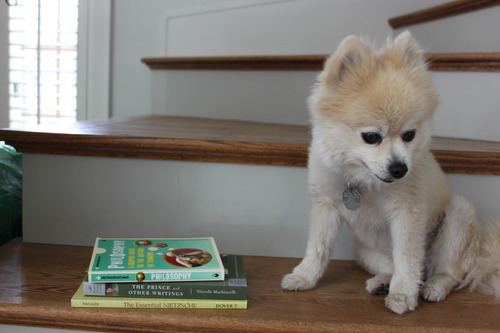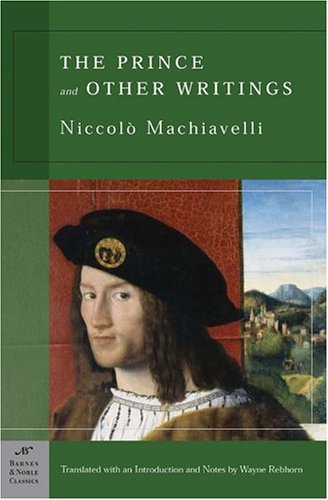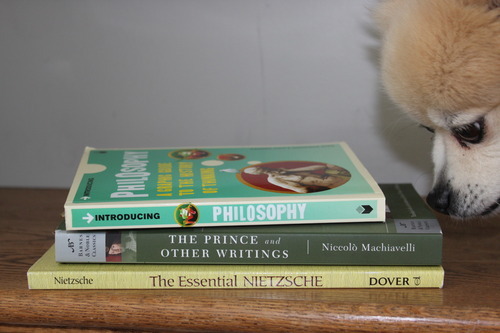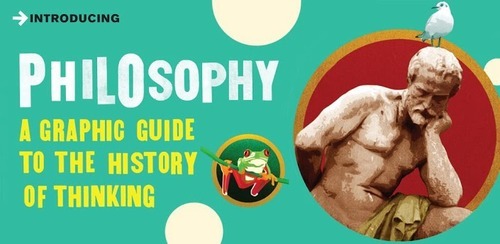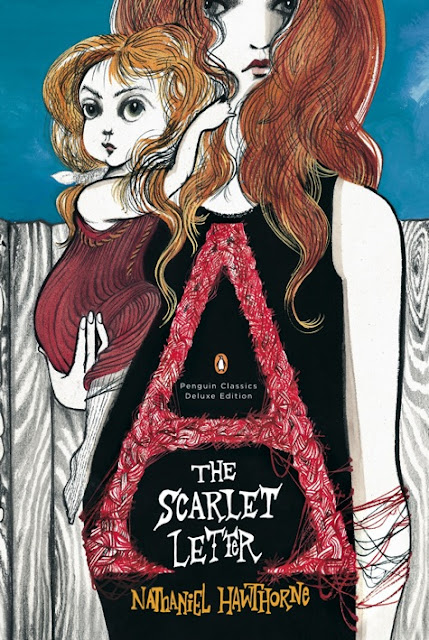The Darjeeling Limited makes four out of six Wes Andersons that I have watched, and I've come to the conclusion that that man is actually incapable of making a bad movie. India was the perfect setting for his style, and he took full advantage of the saturated colors his setting provided, again playing up his iconic yellow and blue contrasting.
The movie began with, actually, a short movie, titled
Hotel Chevalier. It was an interesting idea as a lead-in to the movie to supply some more depth to the back story, but personally I didn't like it. The short took place in the Hotel Chevalier in Paris, where the character Jack had been staying for quite some time. His ex-girlfriend(Natalie Portman) comes to visit him, and you get a look into their complicated relationship, her saying, "Whatever happens in the end, I don't want to lose you as a friend." and him replying, "I promise I will never be your friend. No matter what. Ever." I guess the reason I didn't like this short was that it wasn't deadpan enough for Wes Anderson. You get the kind of dysfunctional, aloofness of the character Jack, but Natalie Portman just isn't a Wes Anderson actress. She's too mainstream, too pretty, not strange enough. And her lines are too emotional. When they're conversing, you don't get the sense of sick amusement in their tragic, emotional dialogue. And also what sort of offended me was the nudity/graphic quality. Anderson just seems, I don't know, above that. It was a little bit of a shock to see it in the film.

As for what the real movie was about, it follows the journey of three semi-excommunicated brothers from an obviously semi-wealthy, dysfunctional family, on their train ride across India on what Francis, the oldest, calls a "spiritual journey". The train they ride on is called the Darjeeling Limited, hence the name of the movie. It turns out that Francis has planned on finding their mother, who you get the sense of as flighty, and who disappeared awhile back, not even coming to their father's funeral. They encounter numerous stops along the way, and the movie follows the typical "quest" format; Questers(the brothers) A place to go(India) a reason to go there(to find their mother) dangers along the way(stops, poisonous snakes, boy drowning) a princess (Indian stewardess) an enemy (the steward) and a real reason for the quest (self-discovery and rediscovering eachother as brothers)

What hit me first about this movie was how fast you knew which brothers were the youngest, middle, and oldest. Anderson really nailed that dynamic right on the head. Jack is youngest, the little one who craves attention and who struggles to keep up with the others. Francis is obviously the oldest, as is clearly displayed in the breakfast scene where he orders for everyone, telling them what they want, and then asking them to raise their hands for another item on the menu. You can also tell that he feels responsible, almost parent-like, for his little brothers, when he asks something like, "Did I not do a good job raising you?" in passing. Peter falls in the middle, having more of a muted personality, and not making a big deal of his personal problems. I also love how Peter and Jack would tell each other things, then say, "Don't tell Francis" obviously because Francis is the more parent-like figure that they have to own up to. But I like that Wes doesn't allow these secrets to become dramatic, and how they get out pretty quickly, and in a very nonchalant way. Jack finds out Peter told Francis he planned on leaving early, so Jack says very matter-of-factly and without any ado, "Peter's having a baby in nine weeks." And how they avoid conflict as well--my favorite was when Francis revealed he had taken Jack's passport, and Peter just walks away. Francis asks where he's going, and Peter is just like,"To uhh pray at a different thing" I can relate to so much of this since I am the youngest of three siblings, and realistic interactions made me wonder if Wes had siblings himself.

Wes Anderson definitely isn't trying to be subtle in his use of symbolism in this movie; I mean it takes place on a train, which basically screams moving through life. The train they are all on, the Darjeeling, is not a very good atmosphere. It is heavy with secretive parallels; the siblings are always telling each other not to tell each other things, and they have to keep such things as smoking and a poisonous snake secret from the steward. The steward himself represents the anger and hatred between the brothers, and the stewardess is the unhealthy relationship that Jack is in. Throughout the movie, the brothers are carrying around all this luggage/baggage
*baggage*, and it's always kind of in the back of your head, annoying you, like, "why are they lugging this all around?!" and it's so refreshing when they are running to get on their new train, the healthier, more balanced one, they drop all their luggage.
Okay but I actually loved the casting for this movie (with the exception of Natalie Portman but that has already been addressed) Something that is consistent in Wes Andersons is the use of actors that aren't quite attractive, instead having interesting and quirky faces, and that was shown again in this.
I absolutely loves Jason Schwartzman as Jack. His big mustache and haircut in the movie, in addition to his comparatively short stature and big dopey eyes, made him seem so
little brother. I love that when he walked with his brothers he had to take twice as many steps to keep up; it was so cute and little duckling. He looked sort of mopey throughout the movie, but in that kind of immature little brother way, and it just fit the role so perfectly. I thought that it was hilarious when Francis kept saying "Jack agrees" and at a certain point Jack was just like


ADRIEN BRODY. I can't... I don't even know how to broach this. He was so great as the middle sibling who was just trying to figure out his life on his own in a quiet way, who wasn't so sure what to do with himself and kind of just went along with whatever was said. But I loved how you could tell through the whole film he really did love his brothers, and how he was kind of dealing with the idea of having a son when he knew how messed up his family was. And i love how he would always take his family's things; it showed in a subtle way ho attached he was to them. His character was a more subtle one, but I thought the most interesting in the movie.
Okay, so actually I'm pretty much done with Owen Wilson. He plays the same character every time! He played Francis, the oldest, in this, and he did an okay job, but I just can't see him as the character, I always see him as himself. Just meh.



I guess what was different about this movie was the emotional aspect of it. In the other Wes Andersons I've seen, there's always this sense of detachment, of cynicism and irony. It's like, whenever there's a sad situation there's ironic humour to balance it, and whenever there's a funny scene, there's tragedy to balance it, so the movie just goes in kind of this emotional flatline. And that's good, that's his style, and it's very distinct and interesting. This movie was a bit different from that; it let itself get more absorbed in the emotions and the scenes. When there was a sad moment, sometimes there wasn't the irony to bring you out of it. And I think that Wes Anderson executed this style brilliantly as well. The movie was a really great voyage through brotherhood; my favorite line was when jack asked, "Do you think we would have been friends in real life? Not as brothers, but as people." And I think that's the thing with families. You may not always like them, but you always
always love them.
MUSIC SHOUT-OUT
This Time Tomorrow-The Kinks
Strangers-The Kinks
Champs Elysees-Joe Dassin
